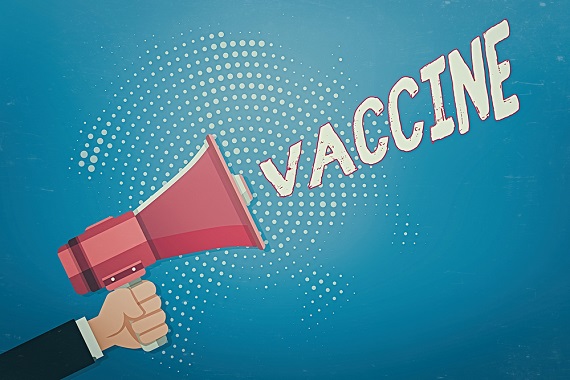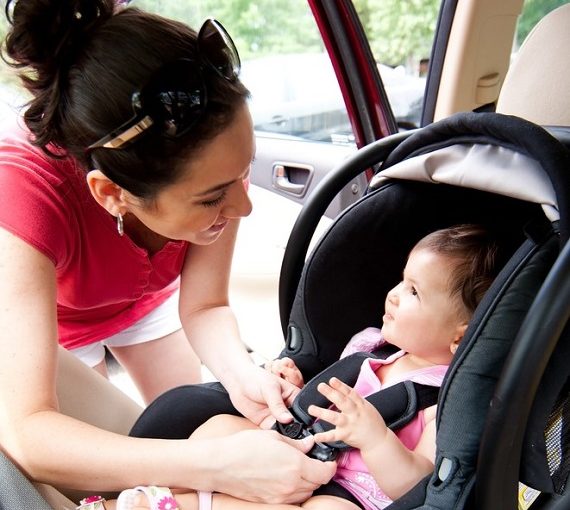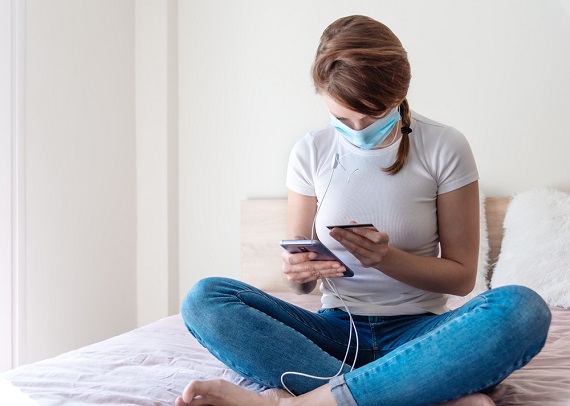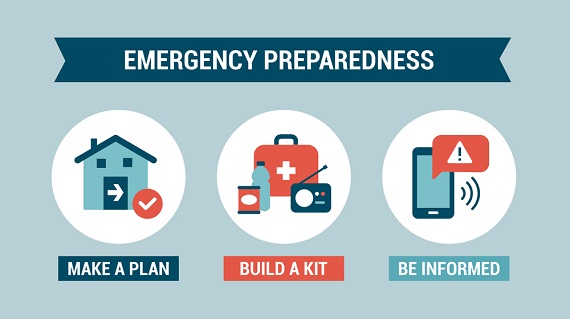This year, it’s more important than ever that you get your flu vaccine early for seasonal influenza. With Covid-19 still active and a potential resurgence over the fall and winter, you need all the protection you can get. While the seasonal flu vaccine will not protect you from Covid-19, it will help ensure that hospitals and healthcare providers don’t get overwhelmed by a double whammy, or what some are calling a “twindemic.”
But making it a priority to get a flu vaccine isn’t simply to help preserve precious health care resources for others, it’s also good for protection you. Remember, the seasonal flu can be a killer, claiming thousands of lives each year. Also, health experts think that it is possible to contract seasonal influenza and Covid-19 at the same time, so you want to prevent your own personal “twindemic.” While a vaccine is not an ironclad guarantee that you won’t still get a seasonal bug, flu vaccines have been shown to reduce the risk of flu illness, hospitalization, and death. In other words, if you do get a flu, the vaccine will make your illness less severe, and make it less likely you’ll end up in the hospital. This is particularly important for high-risk people and people with underlying health conditions.
This year, health officials recommend getting your vaccines early, ideally in September or October before the flu season starts. But if you miss this time frame, should you still get vaccinated? Health officials say yes, up through January.
Here’s who the CDC recommends get vaccinated:
- Everyone above the age of 6 months
- Those who are at a high risk, such as adults over 65 years old and people with underlying medical conditions (cancer, heart disease, asthma – see more)
- Pregnant women
- Caretakers exposed to vulnerable groups
- Healthcare workers and essential workers
Be aware that there are different vaccines recommended for different populations. There are special vaccines for young children, and higher dosage vaccines for adults 65 years old and older. This year, there is one vaccine for seniors that has been updated to protect against four strains of influenza, rather than three as in previous years.
Learn more about which vaccine is most appropriate for you at the CDC.
Where to get flu shots
In the past, many people got flu shots at work, but with the prevalence of remote work during the pandemic, most people will be on their own this year. There are many places to get a shot, such as pharmacies, clinics and doctors’ offices – and some communities may even set up drive-through flu vaccine sites. Use the Vaccine Finder to find places near you based on the type of vaccine you need. Remember to check if the facility is walk-in or by appointment and be sure to review any required Covid-19 health procedures and costs. If you have private insurance, Medicare, or Medicaid, you’ll probably only need to cover a copay, but if you don’t have insurance, shop around because prices can vary.
Here’s more info and more flu resources:
- CDC: Vaccination Guidance During a Pandemic
- American Academy of Pediatrics Issues 2020-21 Recommendations on Preventing Influenza
- Your Flu Shot Has Never Been More Important
- Frequently Asked Influenza (Flu) Questions: 2020-2021 Season
- This might be your most important flu shot ever
Reprinted from Renaissance Alliance – no usage without permission.
